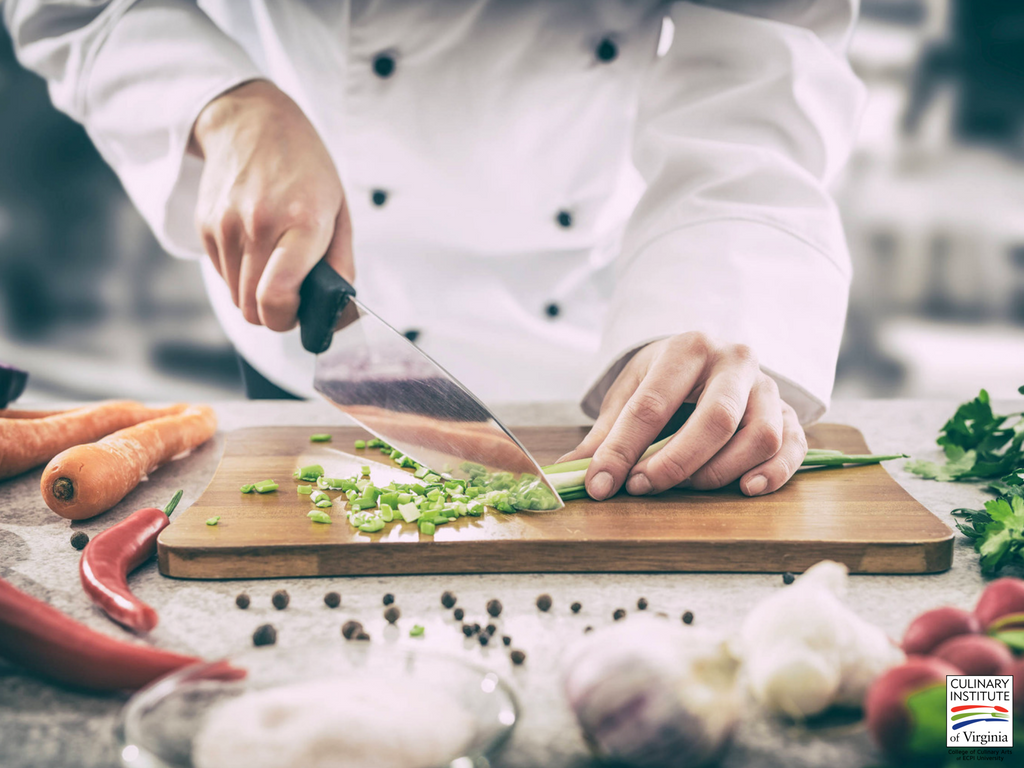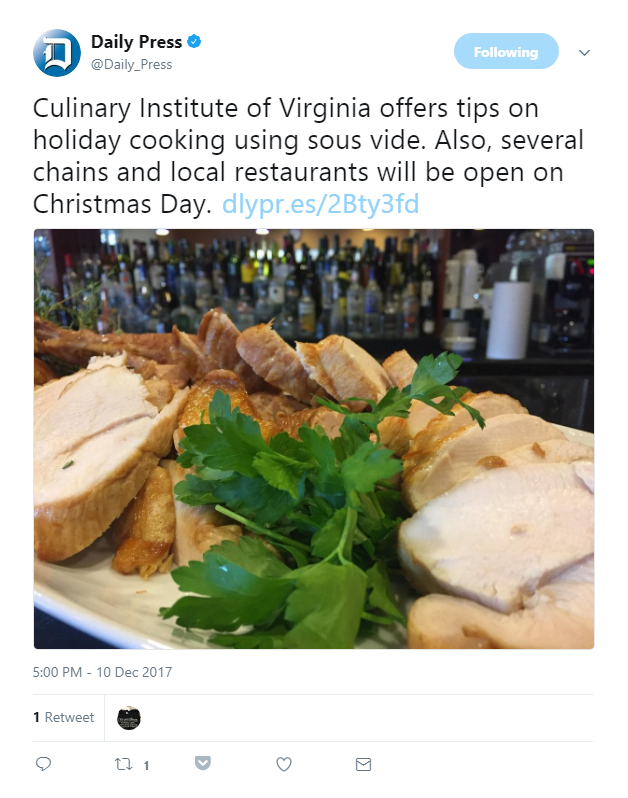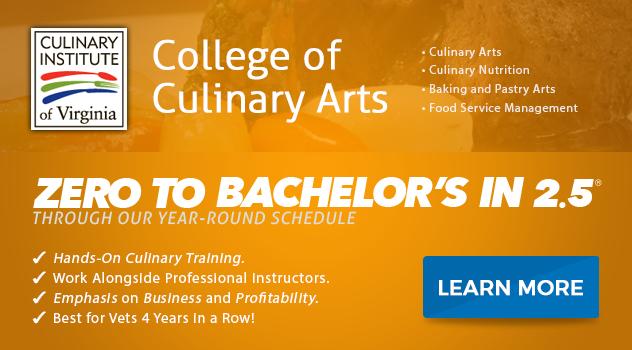What Does the Culinarian Code Mean?
If you're interested in a career as a chef, you need to know about the Culinarian Code. The Culinarian Code offers guidelines for chefs to work ethically, in ways that honor the profession and that uplift other chefs. Understanding the Culinarian Code is essential for prospective chefs. Here is a guide to all ten parts of the Culinarian Code, so you can already begin applying it to your own burgeoning culinary career.
The Culinarian Code
- I pledge my professional knowledge and skill to the advancement of our profession and to pass it on to those that are to follow.
- I shall foster a spirit of courteous consideration and fraternal cooperation within our profession.
These guidelines offer advice on building positive connections that benefit the culinary world as a whole. Breaking into the culinary world is a challenge, and it's easier and better for everyone when chefs support one another. One of the best ways to support another chef is to share knowledge with other chefs, and helping to create an environment of altruism and community.
- I shall place honor and the standing of our profession before personal advantage.
- I shall not use unfair means to affect my professional advancement or to injure the chances of another colleague to secure and hold employment.
Although some level of competition in any profession can be healthy, things can take a turn for the negative when people act selfishly, or actively hinder others' chances for success instead of trying to better themselves. Here, the Code addresses these issues, highlighting how conducting business honorably isn't just a matter of personal ethics, but something that benefits all chefs.
- I shall be fair, courteous and considerate in my dealings with fellow colleagues.
- I shall conduct any necessary comment on, or criticism of, the work of fellow colleagues with careful regard for the good name and dignity of the culinary profession, and will scrupulously refrain from criticism to gain personal advantage.
The kitchen is a high-stress workplace. One way to mitigate tension is to make sure that everyone treats everyone else with respect. Practicing fairness and courteousness helps ensure that even when tensions rise, everyone in the kitchen understands that there are no hard feelings.
Criticism is another difficult and sometimes necessary part of the job; everyone makes mistakes, and sometimes you need to point that out. It's essential to make sure that when you need to criticize someone, you do so in good faith, and not for petty or mercenary reasons.
- I shall never expect anyone to subject himself to risks, which I would not be willing to assume myself.
- I shall help to protect all members against one another from within our profession.
- I shall be just as enthusiastic about the success of others as I am about my own.
Once again, community takes precedence in the code. Chefs should never act selfishly, and should be prepared to perform any task they would ask another to do for them. The second pledge highlights the importance of fairness in dealing with conflict. The facts at hand should matter, not your personal opinions of the people who are disagreeing with one another. Finally, it's essential to understand that the culinary career is not a zero-sum game. Someone else's success doesn't detract for your own, and everyone deserves to be celebrated for their achievements.
- I shall be too big for worry, too noble for anger, too strong for fear, and too happy to permit the pressure of business to hurt anyone, within or without the profession.
The final guideline of the code acts as a sort of golden rule for the profession. Following this guideline makes following all the others easier. When in doubt, appealing to the better aspects of our nature is a good rule to live by, and striving for happiness instead of fostering resentment will make your workplace better and more productive.
Now that you know the Culinarians Code, it's never too early to start applying it to your career. Whether you're already in culinary school or looking into starting, knowing the Code will help you make stronger connections and build a more robust community around you, which will only help you on your career track.
Are you interested in becoming a chef? Going to culinary school could be just the step you need to launch your career! If you want to earn an Associate of Applied Science in Culinary Arts, ECPI University’s Culinary Institute of Virginia offers this degree program at an accelerated rate. For more information, connect with a helpful admissions advisor today.
It could be the Best Decision You Ever Make!
DISCLAIMER – ECPI University makes no claim, warranty, or guarantee as to actual employability or earning potential to current, past or future students or graduates of any educational program we offer. The ECPI University website is published for informational purposes only. Every effort is made to ensure the accuracy of information contained on the ECPI.edu domain; however, no warranty of accuracy is made. No contractual rights, either expressed or implied, are created by its content.
Gainful Employment Information – Culinary Arts - Associate’s
For more information about ECPI University or any of our programs click here: http://www.ecpi.edu/ or http://ow.ly/Ca1ya.





